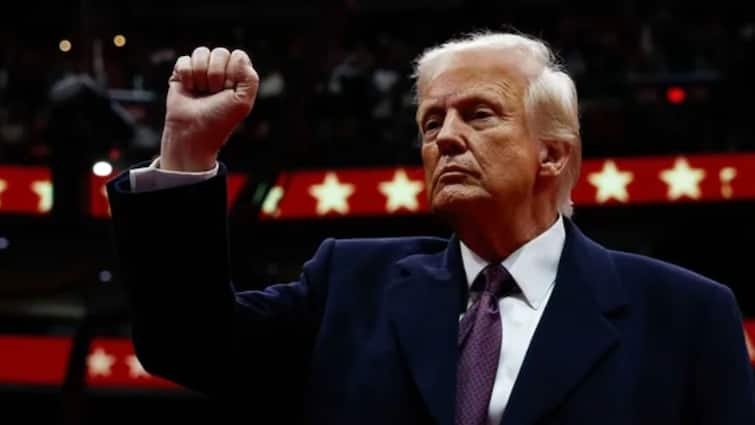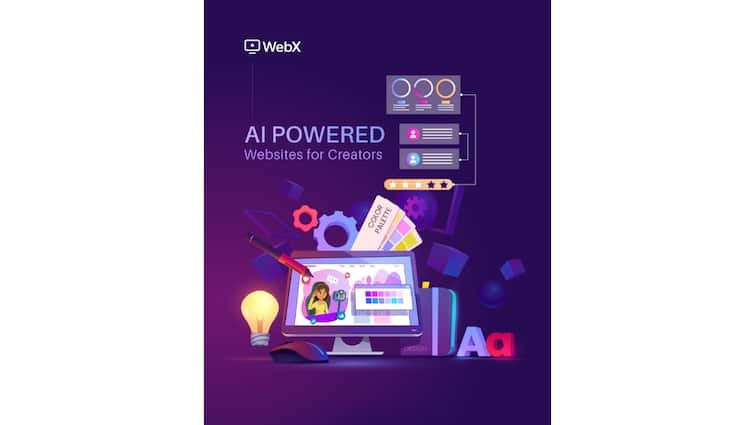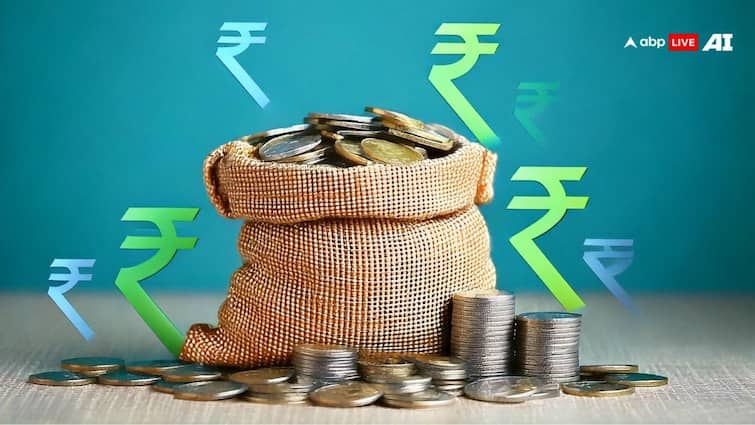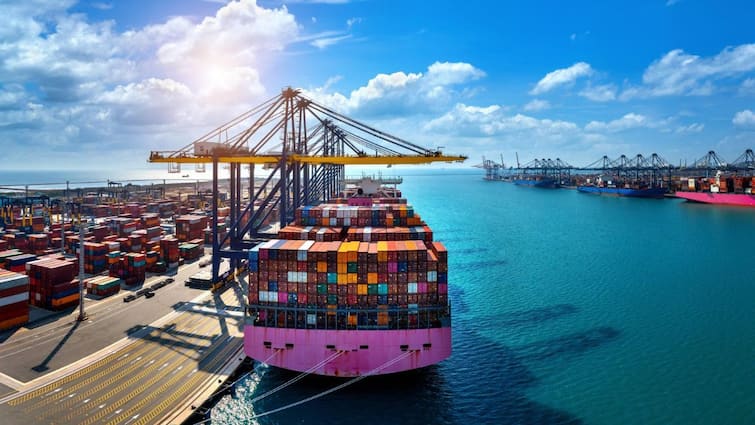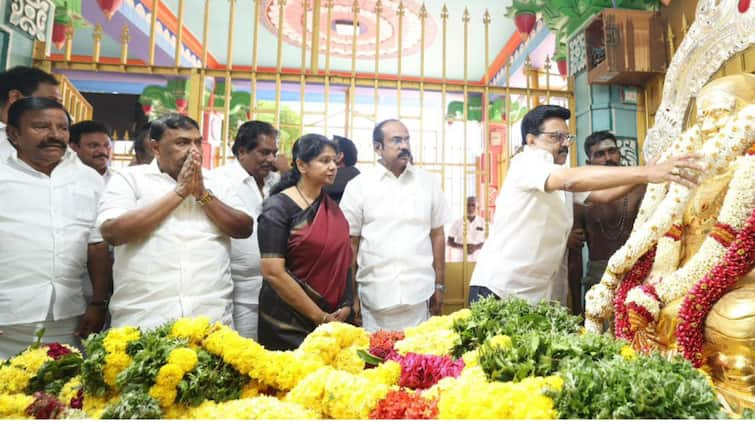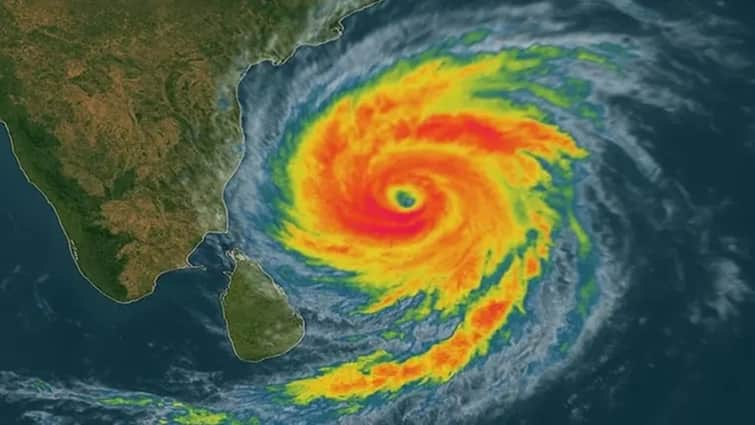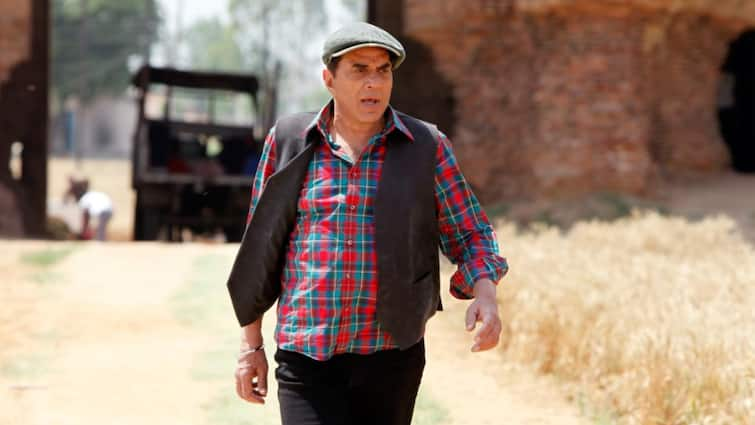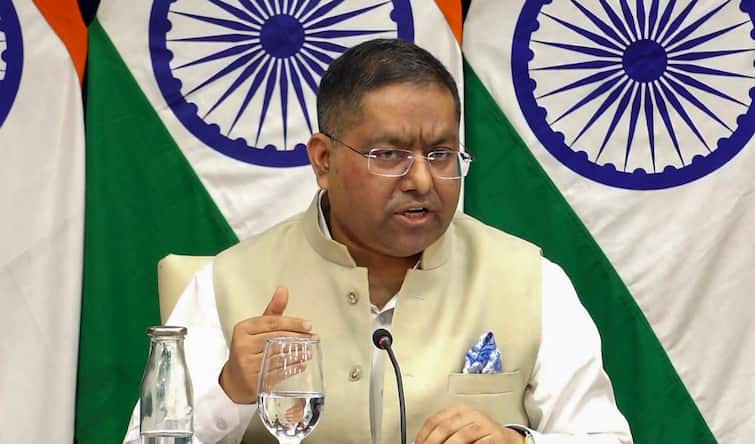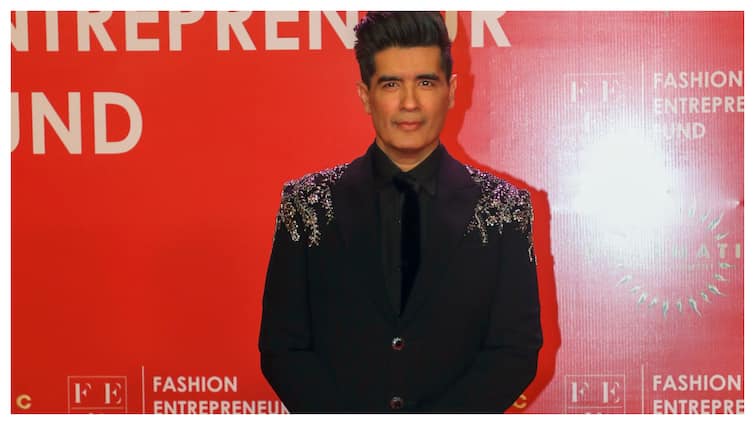Show Quick Read Key points generated by AI, verified by newsroom Over the past few months, the Trump administration has introduced sweeping changes to multiple US visa systems — from halting worker visas for foreign drivers to ending automatic work permit renewals. These measures have significantly affected Indian workers, students and professionals, who make up a large share of America’s non-immigrant population. According to data from the US Department of Homeland Security (DHS), India was the largest source country for non-immigrants in fiscal year 2024, contributing 33 per cent of the total. Of these, 47 per cent were temporary workers and 30 per cent were students. In all, there were 11,90,000 Indian non-immigrant residents in the US that year.
Worker Visas for Foreign Drivers Halted On August 21, President Donald Trump abruptly stopped issuing visas for commercial truck drivers following a fatal crash involving an Indian driver residing illegally in the US. US Secretary of State Marco Rubio announced the decision on X, stating: “Effective immediately, we are pausing all issuance of worker visas for commercial truck drivers. ” Rubio justified the move by citing the rising number of foreign drivers operating large trucks in the US, which he said was “endangering American lives and undercutting the livelihoods of American truckers. ” Federal data shows that the number of foreign-born truckers in the US more than doubled between 2000 and 2021. While over half hail from Latin America, drivers from India and Eastern Europe also form a sizeable group.
Indian-American drivers, particularly from the Sikh community, have become a key part of the US trucking industry, filling critical labour gaps amid a longstanding driver shortage. Many families in California are deeply engaged in trucking businesses and truck stops. The visa halt has disrupted the plans of several Indians who had already invested in visa processes linked to the industry. New Student Visa Policy Introduced In late August, the Trump administration proposed a new rule setting fixed validity periods for F visas (for students) and J visas (for cultural exchange visitors). Under the proposed policy, both visa types would be limited to a maximum of four years, after which holders would need to apply for extensions to remain in the country.
The rule adds hurdles for international students, exchange workers and foreign journalists. The number of Indian students going to the US had already halved this year, and the new restriction is expected to deepen the decline. Stricter Rules for Visa Interview Appointments On September 6, the US State Department revised its non-immigrant visa (NIV) policies, tightening norms for interview appointments. Applicants must now schedule interviews only at US embassies or consulates in their country of residence. Those attempting to do so elsewhere will face “higher difficulty in qualifying” for visas.
The State Department also confirmed that visa application fees will not be refunded. For Indians, this means they must now book appointments within India, ending the earlier option of scheduling interviews abroad to avoid long delays. As a result, Indian applicants are expected to face months-long waiting periods for interview slots. H-1B Visa Fee Hike and Revised Rules On September 19, President Trump signed a proclamation increasing the H-1B visa fee to $100,000, effective September 21. Although the announcement sparked panic globally, the White House clarified that the new charge is a one-time fee, not an annual payment, and does not apply to current visa holders.
The H-1B visa allows US firms to hire foreign professionals in specialised roles across IT, engineering, medicine and science. Typically valid for three years (extendable to six), it enables foreign workers to live and work legally in the US. The administration defended the fee hike as a way to ensure that “only highly skilled foreign workers, who cannot be replaced by Americans,” would qualify. Each year, the US issues 85,000 H-1B visas through a lottery system, with Indians comprising 70 per cent of recipients. Currently, around 3 lakh Indian professionals work in the US under this programme.
A study, The Other One Percent, attributes the rise of Indian-Americans as the most educated and highest-earning immigrant group to the opportunities created by the H-1B system. However, the fee hike could deter companies such as Amazon and Microsoft that traditionally relied on the programme to recruit young Indian talent. As US Commerce Secretary Howard Lutnick stated, firms would now have to “focus on training Americans” if they wished to continue developing skilled workers. End of Automatic Work Permit Renewals On October 29, the Trump administration announced the end of automatic work authorisation extensions, a change expected to impact thousands of Indian professionals. Under the new Department of Homeland Security rule, foreign workers will lose their right to work if their visa renewal is not approved before their current permit expires.
Previously, individuals could continue working after submitting renewal applications, even if their visas had lapsed. The new policy affects those on OPT (F-1 student visa), H-4 dependent spouses of H-1B holders, and applicants for permanent residency. For Indian families, this poses a direct threat to employment stability. Dependents relying on spousal work permits risk losing their jobs if renewals are delayed, potentially leading to income disruption and career setbacks. Broader Implications With these changes, spanning worker, student and professional visa categories, the Trump administration has effectively reshaped the landscape for Indian migrants in the US.
Each measure, from higher costs to stricter renewals, underscores a tightening immigration regime that places foreign workers and students under growing uncertainty.
